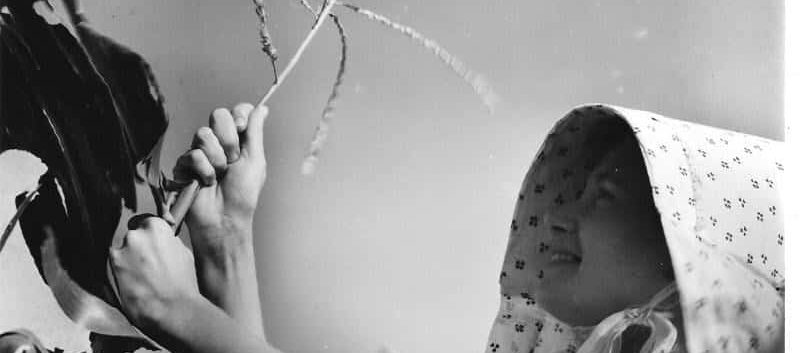Blog
Girl Power Amana Style

Here are some cool, fast facts about the Amanas and female empowerment.
- Several of the community's most important early leaders were women - including two who spoke out, in public, for freedom of worship, freedom of speech. They risked prison to help lead the community in 18th and 19th century Europe.
- Early church leader Eberhard Gruber wrote that God uses both men and women to do God's will, loving both men and women, and that women, as children of God, have every right and all the necessary abilities to serve God. What's more, God wants and expects women too serve Him and thus, man has no right to say women "shall not do as God bids them."
- When the community first arrived in America settling in Buffalo, New York it created community bylaws in 1846 that gave single women the right to VOTE in all community elections. Married couples were expected to vote as a unit. Suffrage for women was a fact in this community almost 80 years before it became the law of the land.
- Women held jobs in communal Amana outside the home and there was free child care for all families.
- Women managed fully 1/2 of the available workforce in Amana as kitchen and garden bosses. There were 110 female managers (one for each kitchen and garden) in the seven villages and they provided all food for the entire village organizing planting, harvesting, food preservation and food service for 1,600 people plus community employees and visitors. That means women grew, prepared and served about 5,400 meals each DAY, or 1,971,000 meals each year.
- In 1932 when Amana's commual way of life was set aside young men and women went to high school and to college. More than half of those who went to high school that first year were female.
- In the 1932 Great Change when the assets of the community were divided via the presentation of shares of stock - men and women received exactly the same amount. There was no discrimination in the allotment of shares based upon gender or job title. Women were given the right to vote in all Amana corporate and all church elections.
- By World War II the Amana Woolen Mill was managed by women. They signed their business letters and contracts with their first initials so as not to offend the male customers, suppliers and bankers with whom they dealt. When the US Army came to the Amana Woolen Mill to inspect the mill as it was supplying wool blankets for the army, the government inspectors asked then plant manager Helene Rind to take them to her "boss." When she said that she was the boss, they didn't believe it. So she called Amana Society secretary-treasurer Peter Stuck to confirm that yes, she was the boss. They were not pleased, but agreed to allow the mill to keep producing blankets for them as the quality of the blankets was superior.
- By the late 1940's there were half a dozen businesses in the Amana Colonies run/ and or managed by women.
By Emilie Hoppe, local historian and writer - used with permission

